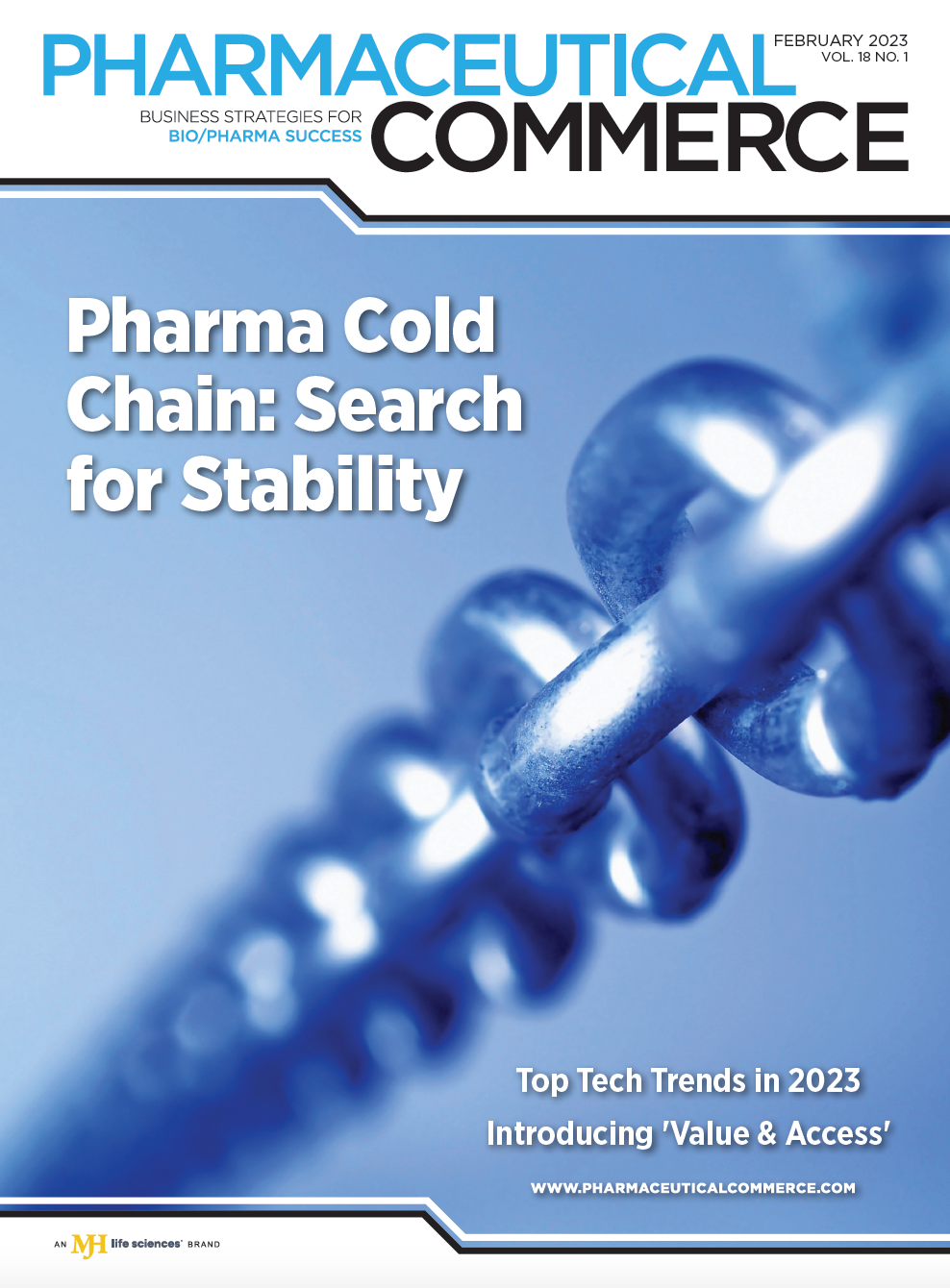Tapping into Digital Intelligence
Using technology to personalize customer engagement, build HCP trust.
Susan Hill

In today’s post-pandemic world, commercial activities in the healthcare market have dramatically transformed. Following COVID’s disruption of the global marketplace, traditional models are no longer effective and fail to meet evolving expectations of stakeholders. In addition, digital technologies have changed the way patients and healthcare providers (HCPs) receive information and consider potential avenues for treatment.
Research shows that 40% of physicians’ brand preferences are now attributable to factors beyond the product, such as an elevated experience provided through targeted, relevant messaging that speaks to the physician’s areas of expertise and treatment. This has driven sales and marketing teams to adapt commercial engagement strategies—including who they address, the channels of engagement, and the information included in messaging. To successfully transform commercial engagement for the post-pandemic era, pharmaceutical companies and their commercial teams must re-think engagement by reimagining HCP experiences across personal, digital, and social channels.
Overcoming the collaboration challenge
One of the biggest challenges life science commercial teams face with HCP engagement is the ability to effectively collaborate. With the numerous different teams that have touchpoints with physicians, there is an inherent need to break down silos that can hinder collaboration. This involves both an organizational and technological change to commercial engagement.
To gain a 360-degree view of the physician, it is imperative to bridge the gaps caused by these silos to provide all stakeholders with visibility into full interaction history of an HCP, so they can more effectively collaborate and make the best decisions. When commercial teams have the ability to view pertinent HCP information from across the ecosystem, they can make more informed, data-driven decisions that personalize the HCP experience.
While these organizational changes can bolster collaboration in commercial organizations, it is also important to use the right technology to ensure intelligent workflows and decision-making across teams. This necessitates the use of an orchestrated suite of components that work seamlessly together to improve HCP engagement across all channels. By leveraging technology that integrates information and data across the commercial ecosystem, commercial teams can quickly gather and disseminate the same information to all stakeholders. This simplifies collaboration across teams and optimizes operations based on real-time, continuously updated information about their target HCPs.
Navigating uncertainty in the new healthcare climate
With the accelerated digital transformation in pharma, commercial teams are struggling to create and maintain personal relationships over digital mediums. The key to any personal relationship is trust, which can be difficult to build with strangers when one is communicating over a video chat or trying to stand out from the hundreds of other representatives vying for HCP attention. By sharing the right information through the HCP’s preferred channel, representatives can build that level of trust with high quality, personalized communications.
Additionally, technology can play a key role in helping commercial teams navigate the uncertainty to better personalize engagements and build HCP trust. Organizations need technology solutions that enable teams to quickly and easily adjust and adapt their business based on the ever-changing dynamics of our world. As the market rapidly changes, technology that enables commercial teams to be agile and flexible to tweak engagement channels, messaging and strategy based on HCPs’ constantly changing needs is crucial.
But commercial teams need more than just information—they need intelligence to make better decisions and really understand the changing market conditions and customer expectations. Data is critical to understanding HCP needs, but advanced insights derived from that data are what provides actionable suggestions to commercial teams for optimal results. Leveraging technology solutions that use artificial intelligence (AI) and machine learning (ML) to generate these insights for day-to-day activities is essential to the success of commercial engagement today.
Life science companies that have successfully implemented this connected intelligence approach are giving their commercial teams a competitive edge over others in the market.
About the Author
Susan Hill is VP and General Manager of Customer Engagement at IQVIA.
